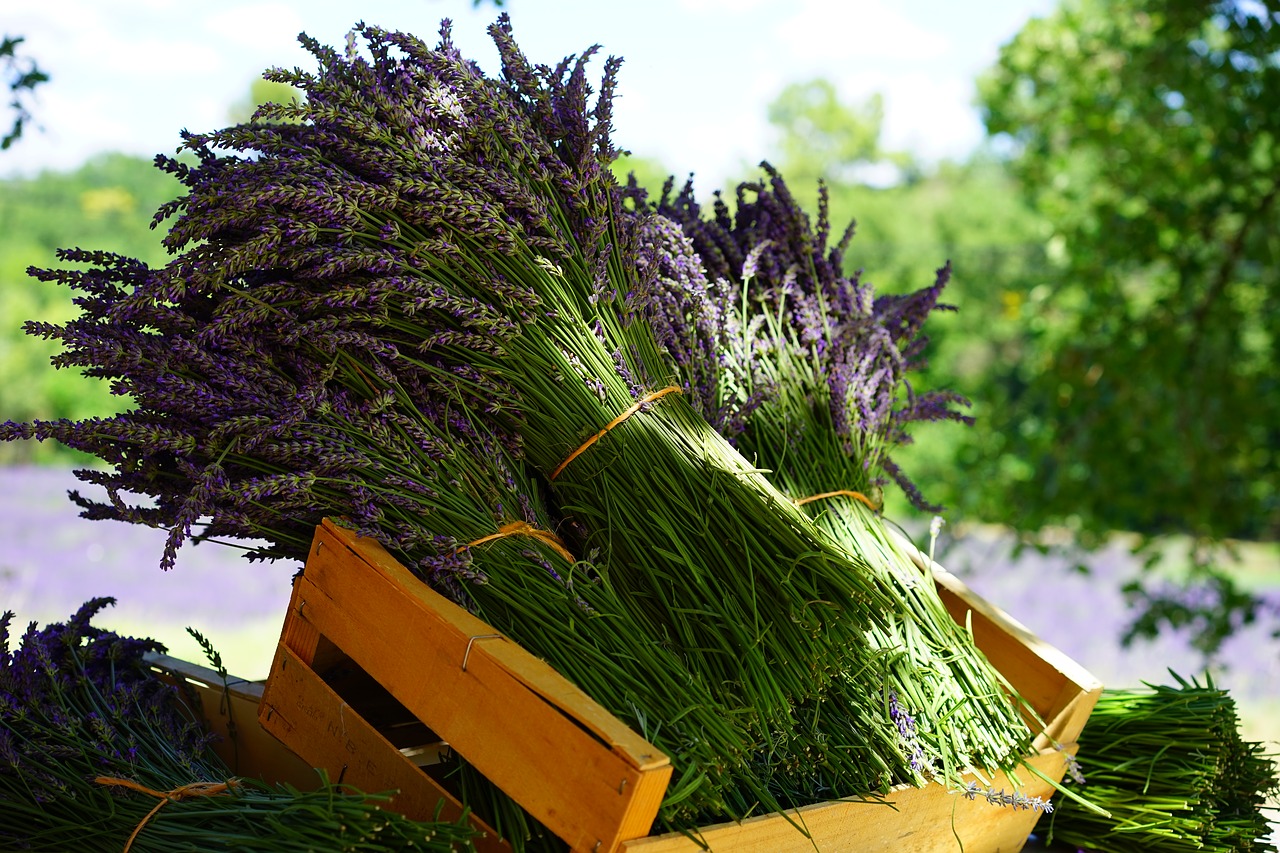We live in a generation plagued by the disease of busy-ness. Constantly occupied with hectic schedules and grocery lists of tasks to accomplish, it’s no wonder that our generation suffers from high stress, insomnia, and anxiety. In Germany, one out of every five people take a sedative at least once a year. While that might not seem like a lot, sedatives (along with sleeping pills and relaxants) fall under the category of psychotropic drugs, medications that alter brain function to change our perception, mood, and/or consciousness. What makes psychotropic drugs problematic is their indistinct range of dosage. There is a fine line between a dosage that can have a calming effect and a hypnotic effect. Furthermore, usage of psychotropic drugs entail symptoms such as addiction, depression, and dizziness.
Instead of turning to psychotropic drugs as a source of relaxation, try smelling a bouquet of jasmine from Gardenia jasminoides as a safe topical alternative. Although it might seem strange to smell flowers to get a good night’s sleep, research has shown that getting a whiff of jasmine has similar effects on GABA (gamma amino-butyric acid) receptors, the receptors responsible for muscle tone, as that of psychotropic drugs.
Image Source: Jupiterimages
The nose is the only location on the human body where olfactory receptors can be found. Specifically, there are about 350 different types of olfactory receptors in the nose, all of which function to help us detect various odors. The different scents that reach these olfactory receptors influence our body to feel and react a certain way. Lavender, for example, is commonly used to relax the body. Whether in the form of freshly picked flowers or store-bought essential oils, lavender can be obtained in various forms. Additionally, sandalwood triggers cell migration and proliferation to aid wound healing and skin regeneration, and smelling isopropyl alcohol, more commonly known as rubbing alcohol, has been shown to ease nauseated patients in the emergency department.
While aromatherapy is a safe and easy method to relieve stress, it isn’t safe for everyone. Those who should avoid aromatherapy include pregnant women (for risk of toxicity to the fetus) and those suffering from severe asthma and/or allergies. People who have high blood pressure should especially avoid stimulating essential oils, and people with estrogen-dependent tumors should not use certain oils that contain estrogen-like compounds, examples of which are sage, fennel, and aniseed. Additionally, those receiving chemotherapy, as well as young children who are more sensitive to essential oils, should exercise caution before using aromatherapy. Always check with a doctor for guidance and further precautions!
Feature Image Source: Hans










